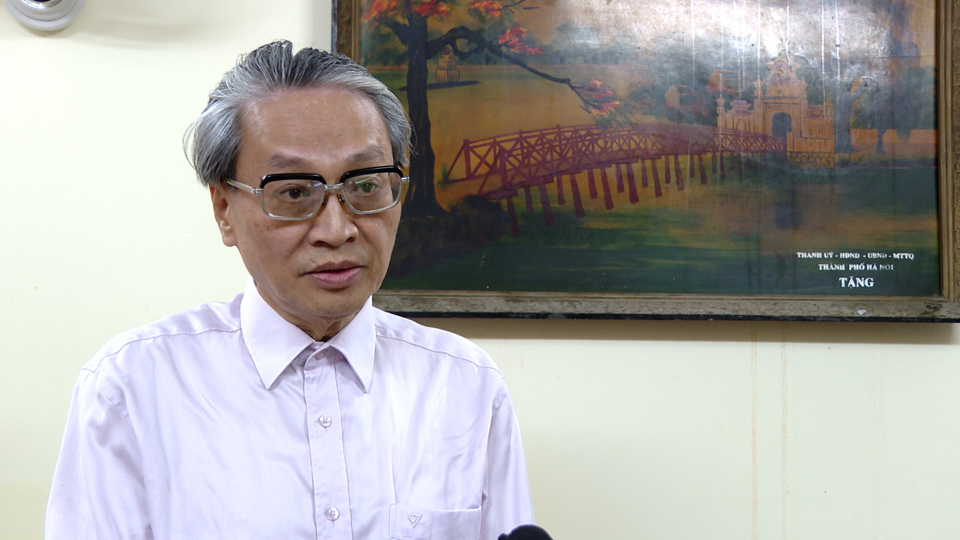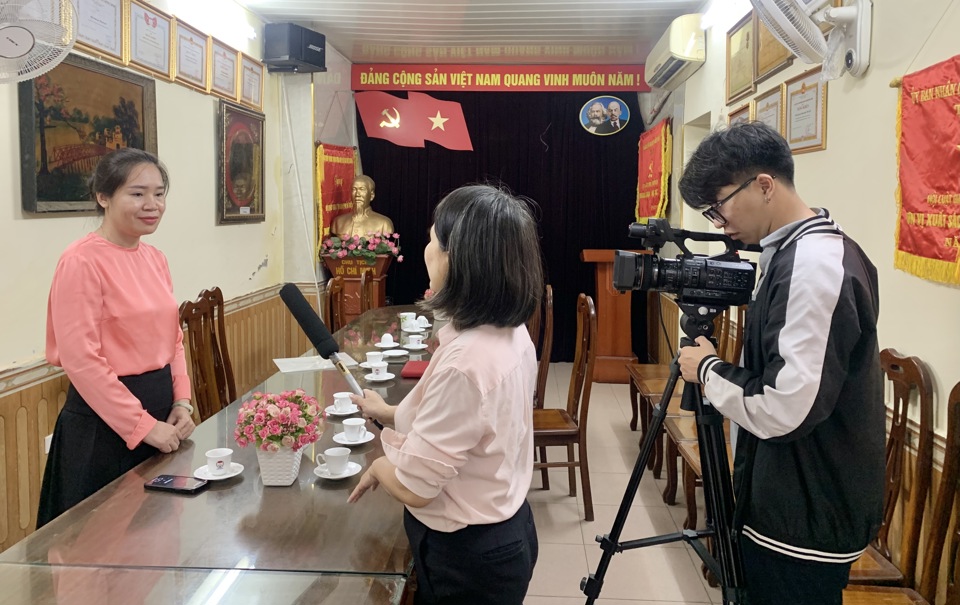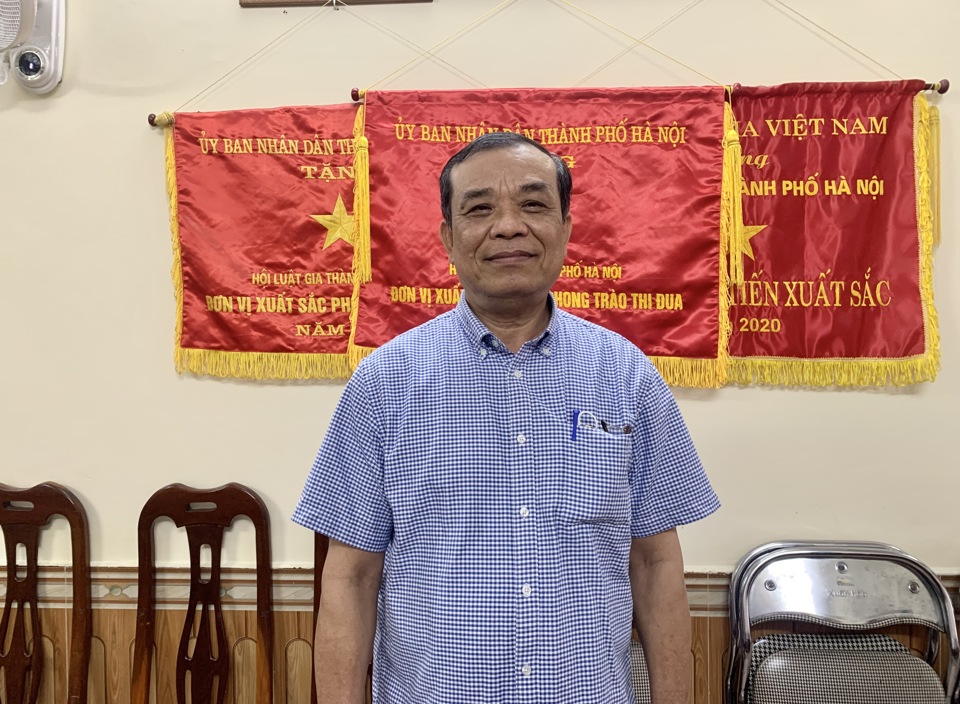Hanoi's sustainability lies in its culture and people: legal experts
Experts see people and culture as the two foundations for Hanoi's sustainable growth.
Human and cultural development are essential foundations for Hanoi's sustainable growth. Speaking to reporters from The Hanoi Times on the sidelines of a recent workshop hosted by the Hanoi Lawyers Association on the drafting of the revised Capital Law, lawyers shared their valuable ideas on how to ensure that the law achieves its full potential.
| Ao dai (long dress) performance in Hanoi's Hoan Kiem Lake. Photo: Pham Hung/The Hanoi Times |
Lawyer Nguyen Vinh Tung, Legal Consultancy Center
The draft of the amended Capital Law shows improvements in both structure and content compared to the existing law and the previous draft (from 2023), covering all social and economic aspects.
| Lawyer Nguyen Vinh Tung |
However, it worries me that the draft law doesn't take into account people as the core, soul and symbol of Hanoi. It should mention the measures to improve the quality of human resources and facilitate the city's growth.
We also need to align policies with the Party's direction on human development and socio-economic growth strategies in Hanoi, also known as the land of culture and history. In particular, the human resource development strategy must be well formulated to give the capital distinctive traits to drive its growth.
Therefore, in the draft of the amended Capital Law, human development must be described in more detail, as it gives Hanoi a superior and exceptional administrative regime. In addition, we should improve the quality of the law's formulation by adding new articles and chapters that are feasible and concrete based on the practical conditions of the capital, thus making detailed provisions to facilitate the city's development.
Nguyen Anh Thu, Vice Chairwoman of the Hoang Mai District Lawyers Association
Nguyen Anh Thu, Vice Chairwoman of Hoang Mai District Lawyers' Association
The latest draft of the amended Capital Law adopts and enhances the content of the Ordinance on the Capital City of Hanoi and the 2012 Capital Law. It also clarifies many vague articles and items in the 2012 version.
| Lawyer Nguyen Anh Thu |
I'm pleased that the amended Capital Law clarifies the issue of cultural development, but we should make the concepts clearer and more measurable because the law is supposed to be clear and transparent.
I fully support the idea of cultural development. If districts are given the power to develop culture, they will be able to speed up socio-economic growth and generate returns for the city. I hope the people will contribute more ideas and opinions so that the amended Capital Law can be finalized and enacted soon to benefit society.
Nguyen Ba Hoi, Head of the Lawyers Association under the Vietnam Institute of Management
The draft amended capital law is more progressive than the 2012 version. In general, it deals with many issues in a detailed manner.
| Lawyer Nguyen Ba Hoi |
At the moment, the law provides general objectives and directions rather than detailed regulations on important matters. I hope that the draft law will be more detailed and that the imponderables will be reduced to ensure that the law is highly workable.
In addition, we should develop the law on fundamental issues to facilitate a strong momentum for the capital's growth, such as education and training, which are essential to make Hanoi a civilized, cultured and globally integrated city. Once our people reach a certain level of education and meet common standards, we will be able to develop Hanoi further and meet expectations.
In addition, the amended Capital Law must provide a legal framework for science and technology, as these are the motivators and drivers of Hanoi's socio-economic growth. What we're focusing on now is applied science, and that's one way of development. Perhaps the amended Capital Law should address how to make Hanoi a leading locality in Vietnam for basic science studies. Then the question is whether the capital can capitalize its resources to develop basic sciences or whether it depends on state resources.














